Several years ago, I had a student at GCC who taught me that a major difference between success and failure as an educator is malleability.

― Confucius
When I received the notification that I would have an American Sign Language interpreter in my class for the first time, I was excited. My mother is also an educator, currently in administration, but taught ASL early on in her career. When I was a child, she could not afford a babysitter and frequently brought me along as she taught late night ASL college courses. I never learned sign language outside of the alphabet or how to ask and answer basic questions, but was excited to make use of what little I knew from my mother’s teachings from twenty years earlier.
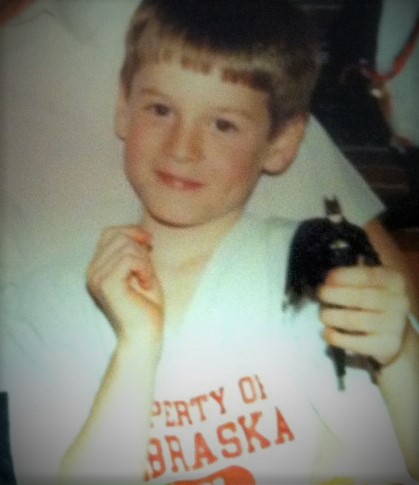
Overconfidence leads to cruel reality checks. I was not prepared or capable of communicating with my student without the help of the interpreter. The interpreter was very kind about my attempts, but I had to give up on using any sign language as to not create confusion. I quickly reverted to my default teaching method, which is high energy and high speed.
After the first few writing assignments, I knew something was wrong. It was obvious that the lessons and lectures were not getting through. The reality is that I was the one struggling and not my student. I had become rigid in my methods after three years of teaching the same curriculum and using the same PowerPoints, videos, and handouts. Those methods were directly leading to an obviously gifted student failing my course. I’m ashamed to admit that I did not want to adapt, I defended my stubbornness by telling myself that I should keep doing the same thing I had always done because change would hurt the rest of my class.
My student’s first essay broke through that stubbornness. I still remember her conclusion on how the deaf still hear the music of life. There were grammatical, mechanical, and formatting errors aplenty, but the poetry of her language revealed passion and talent. I could tell she was upset when she saw the grade. After class that day I sat down with her, pointed out her gift for language, and did my best to encourage her. Once she left, still downtrodden, I had a conversation with her interpreter. They confirmed everything I already knew I was doing that was making learning more difficult.
I needed to slow down the speed at which I went through lectures, re-work my materials, and dig for relevant videos with subtitles. I won’t say it was a perfect transition, but over time my methods improved and the entire class, not just one student, benefited. She ended up passing that course, and the next level course after it.

One day, a semester later, I saw her in the curved glass hallway in the HT2 building on campus. She waved me down and walked up with a contagious smile. Without her interpreter the conversation was a bit awkward, but I had learned if I spoke slowly enough she could lipread incredibly well. After a short update on her coursework, she thanked me for helping her pass English. It is hard to put into words, but her genuine excitement created a memory I still treasure now. I was able to reply with one of the few signs I did know: “Thank you”, and that was the last time I saw her.
I like to think that she is now nearing a decade into her career in art design. If I could, I would elaborate on my final words to her: “Thank you for making me realize that malleability isn’t a bad word, that sometimes we have to bend if we are to evolve into a better version of ourselves.”



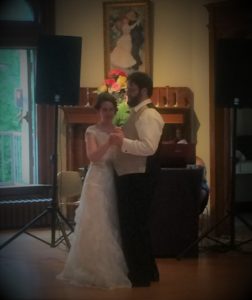
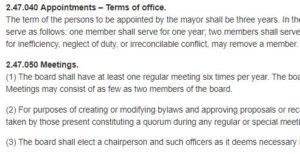
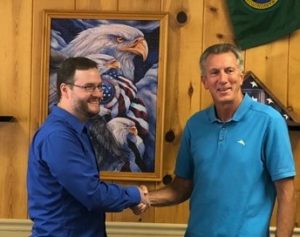
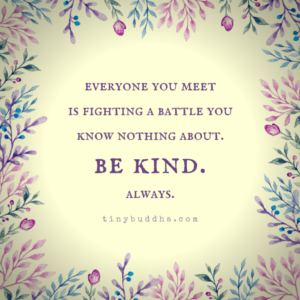

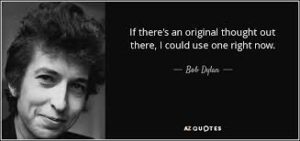






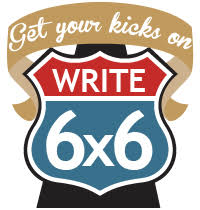 I’m excited to be blogging again with my colleagues at GCC as part of the
I’m excited to be blogging again with my colleagues at GCC as part of the